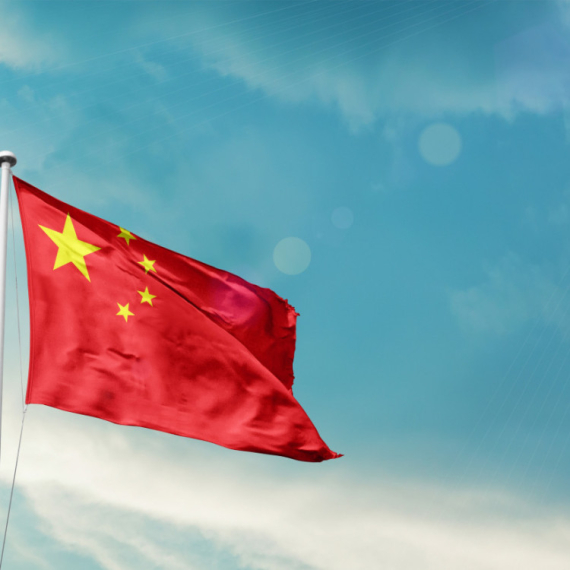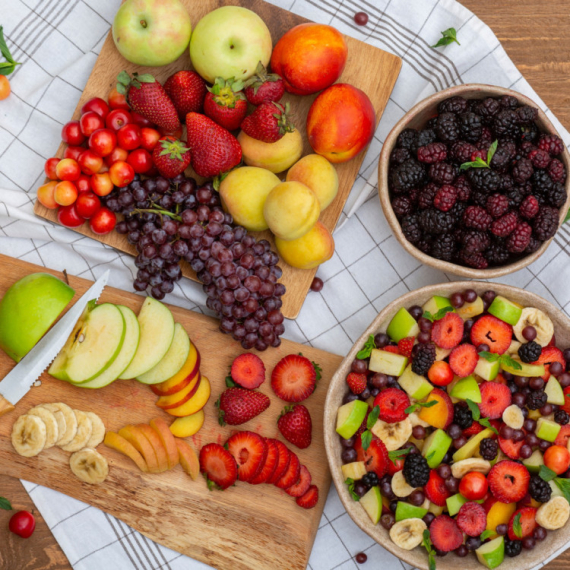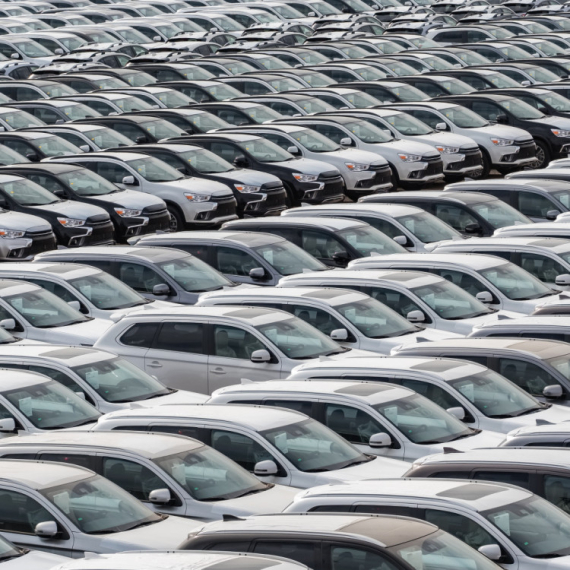"Serbia exports fruit to later import it at higher prices"
Serbia is spending its hard currency reserves on imports of such products as beans from Kazakhstan, Kyrgyzstan, and even Madagascar, the daily Politika writes.
Thursday, 13.02.2014.
13:41

"Serbia exports fruit to later import it at higher prices"
Serbian farmers also sell apples to Slovenian companies immediately after they are harvested in the fall - and Slovenians then sell the same fruit back to Serbia the next spring, at prices several times higher than the original.Despite all this, the country's agriculture is a rare sector reporting a trade surplus, which last year reached a billion euros, while the overall exports were worth EUR 2.1 billion. But experts claim that by increasing production and importing less, agriculture could contribute to alleviating the overall trade deficit even more.
In a letter sent to Prime Minister Ivica Dačić last year, NBS Governor Jorgovanka Tabaković warned that Serbia "does not have commodity reserves that could even out the large oscillations in food prices, and also lacks an adequate agricultural policy, and irrigation systems."
She asked the government to help in keeping inflation rates down also by implementing "adequate policies" in the agriculture sector.
Serbia, writes Politika, has an open market economy, and a largely liberalized food market, while this is going to become even more pronounced as the country "nears its accession to the European Union."
Starting in 2009, import duties have been constantly decreasing for EU-made meat, canned meat and other products from this category. This "threatens to destroy the already decimated livestock numbers and make it increasingly difficult for villages to survive."
Serbian Chamber of Commerce (PKS) adviser Vojislav Stanković told the daily that Serbia used to be an exporter, but is now importing meat, meat products, and cattle. This trade reached a deficit of EUR 13.7 million last year.
The newspaper, however, notes that the now outgoing government "made the first steps" to stop this trend during the past year and a half, with the budget providing more funds for agriculture. By the end of the month, farmers will have access to new loans worth a total of RSD 8 billion, that will be approved at four to eight percent interest rate.
In addition, the daily writes, "a contract will be signed soon for a USD 100 million loan from the UAE, while the money will be invested in irrigation systems."



























































Komentari 2
Pogledaj komentare